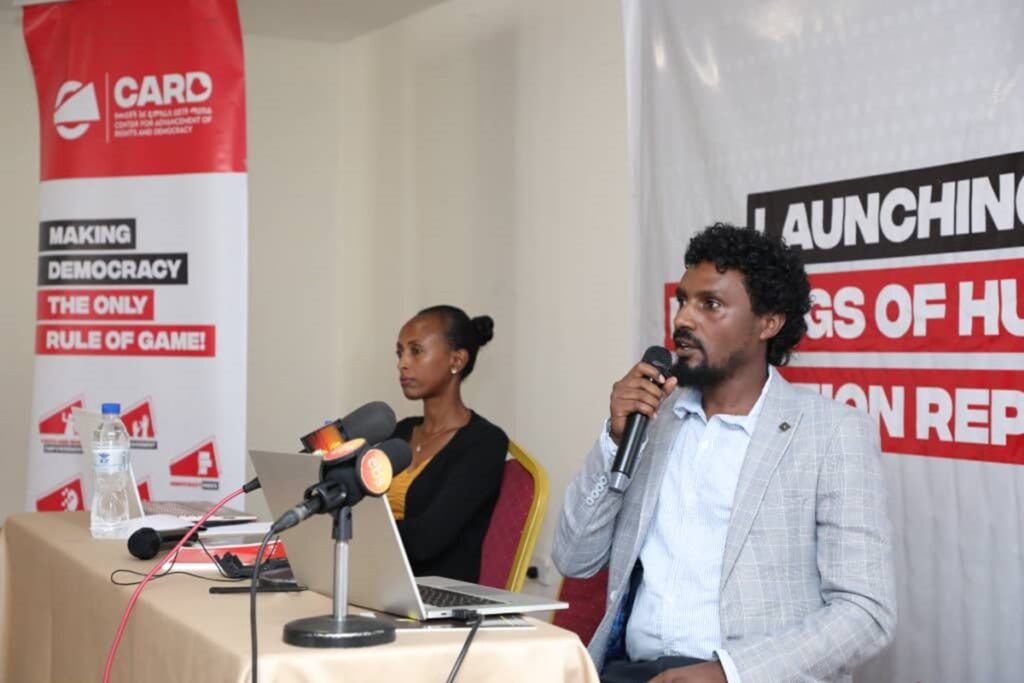Research conducted by the Center for the Advancement of Rights and Democracy (CARD) has shed light on the grave human rights situation in Oromia’s Guji Zones, documenting severe violations in these regions. The investigation took place over several months in 2023 and 2024, revealing a dire humanitarian crisis fueled by ongoing conflicts.
Both government security forces and the Oromo Liberation Army (OLA) have been implicated in a wide range of human rights abuses, including extrajudicial killings, mass arrests, and the use of excessive force against civilians and protesters. The researchers identified 36 specific cases of violations, encompassing displacement, property destruction, livestock raids, mass arrests, torture, and theft, among other abuses.
The conflict in Oromia, particularly in the Guji zone, has resulted in extensive property destruction, exacerbating the humanitarian crisis and leaving many civilians without shelter or essential resources. Gender-based violence has also seen a significant increase in these zones, with women and girls facing severe sexual violence, including rape, assault, and degradation.
Forced disappearances have become commonplace, causing distress to families and communities and violating individuals’ rights to freedom and safety. The research findings also highlight the prevalence of torture and inhumane treatment in violation of constitutional laws, further degrading human rights and dignity.
Ransom kidnappings and displacements have added to the insecurity in the Guji zones, with civilians forced to seek refuge in internally displaced persons (IDP) centers. However, additional crises like drought have hindered aid delivery, compounding the challenges faced by displaced communities. The historical context of conflict in Oromia underscores the urgent need for intervention to address the humanitarian crisis and protect the rights of all affected individuals.
